As most things in this world, our gods come in three. Inu, the first sun, rules in the world deep beneath the ground, where we live before we are born. Anak, the second sun, reigns over the world we live in- they are our lord and ruler, and we bathe in their glory. Then there is Borah, the last sun, who sits among the stars in the hall of the glorious.— A Käban teaching their religion to a Saohri priest
Once in a century, the horizon of the
Lands of the Wind will shine thrice as bright, three suns hanging in the sky. These are Inu, Anak and Borah, the gods of the
Uluswa, coming together in the
In-Between. Each of these gods rules over one of the three realms which make up the Uluswa's cosmology, overseeing the souls of those who live within them.
Three Gods, Three Realms
Danatelians know little of the Uluswa, and know even less of what the Uluswa believe. In recent years, a few scholars have endevoured to question the few Uluswa residing in
Sequet about their religions and practice. The Uluswa will happily answer the questions they recieve, but will make no effort to make their answers intelligible to the ignorant Danatelians.
The Uluswa seem to think of the body as a vehicle for the soul while it inhabits Anak. Before it is alive, the soul resides in Inu- after death, it either returns to Inu, or it ascends to Borah (note to self - I must ask Ganash what determines this).— Notes of a Danatelian scholar
Inu, Anak and Borah are the names of both the gods and the realms they rule over. Each of these realms is understood as the essence of the god. Each of them also possesses a sun: that sun is the manifestation of the god's divine self. As such, "Anak" refers to the world of the living, the god themselves, and is also the name of the sun. The multiplicity of usage for a single word is among one of the many technicalities which confuse Danatelian scholars, but those who consider themselves experts claim it is simply a matter of getting used to the logic of the language.
Inu
For Danatelians, life begins at birth. But for the Uluswa, life begins long before, as souls are never born, and simply exist in Inu before coming to life, which the Uluswa believe is located deep beneath the earth. Inu is the god of beginnings and endings, of renewal and cycles- cycle of life, cycle of water, cycle of time. They try to protect the world from the hardships created by Anak.
Anak
Anak is the world of the living. It consists of countries and continents, and is filled with many different forms of life. For the Uluswa, all living beings possess souls, and as such all living beings are seen as kin. Anak is the god of travel and ephemeral things, of history and chaos. They are the god who tests mortals, to give them a chance to prove their worth.
Borah
For the Uluswa, life is about proving one's glory, so that their soul may ascend to Borah after their final death, which is located in the sky, and the many stars are thought to be the souls of the glorious. Borah is the god of luck and hard work, glory and dreams, good food and festivities. It is them that Käban communicate with through prophecies and oracles.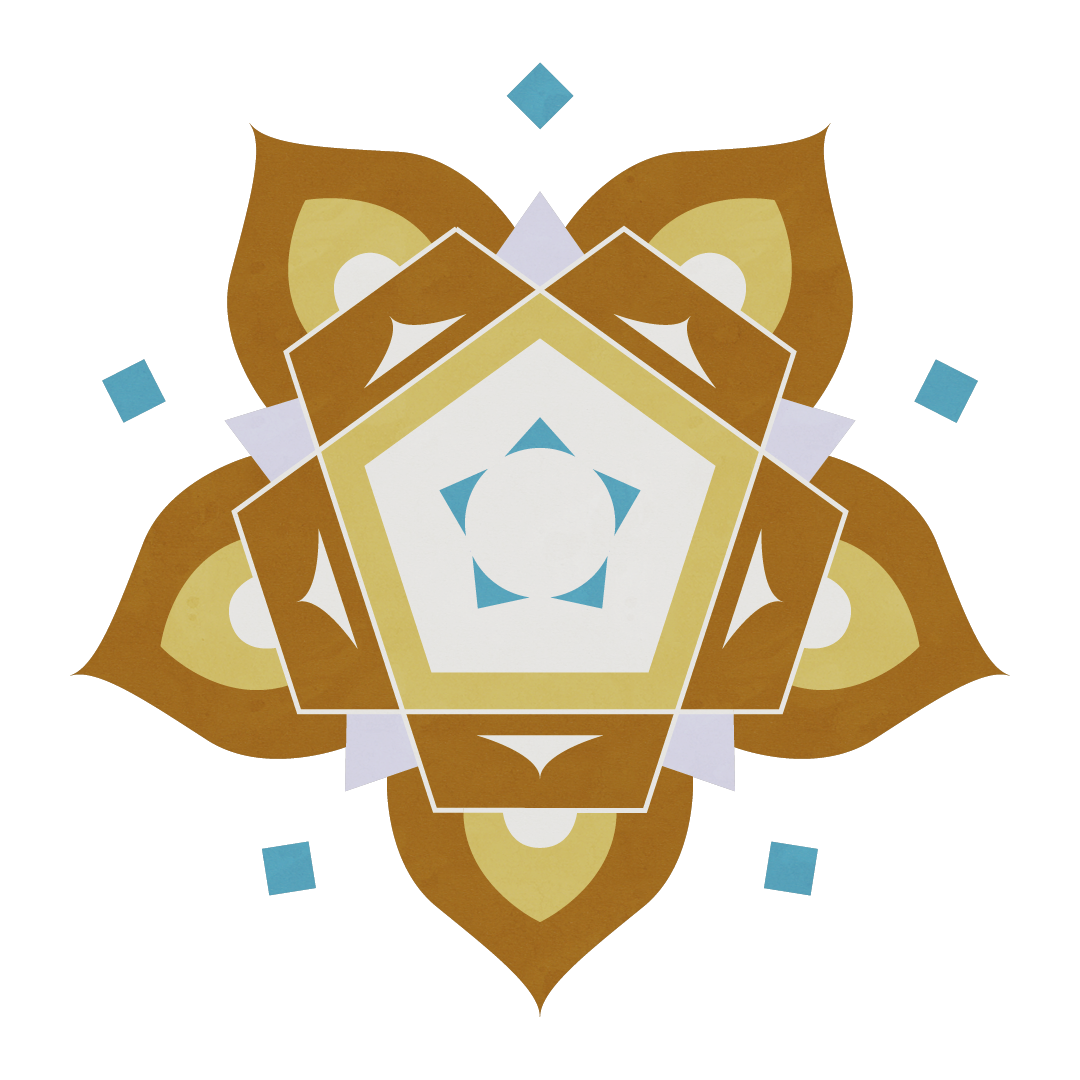
"Gabril? Gabril. Gabril! Wake up you old fool, look at the sunrise!"
"By Deïmon the Bright. There's three of them! I thought that Uluswa talk was superstition- glory be to the Ever-Burning!"— Dialogue between two lost Danatelian travelers
The appearance of three suns on the horizon has been observed by many who dwell ing
Sequet, or spend any length of time in the
Lands of the Wind. Even more surprising, is that when told to citizens of the
Danatelian Lands they will claim that no such miraculous event happened- that it must be a trick of the mind, an illusion. The
Uluswa claim it is because the gods show themselves only to those who worship them, even though all will be judged equally upon death.
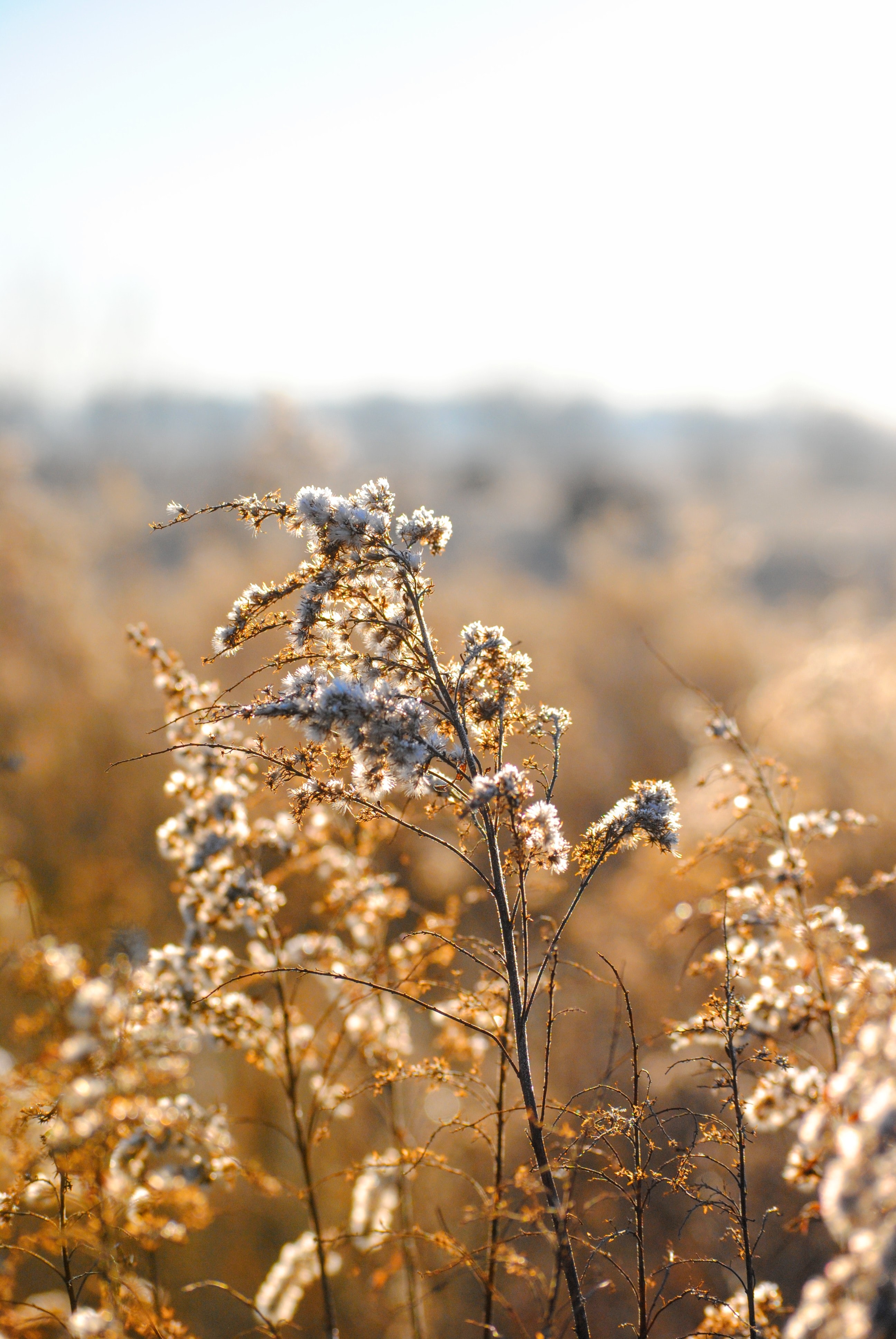




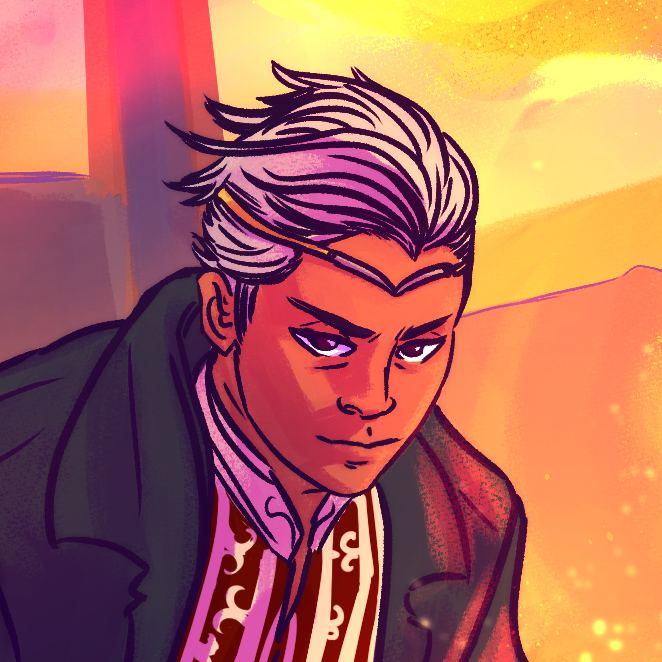
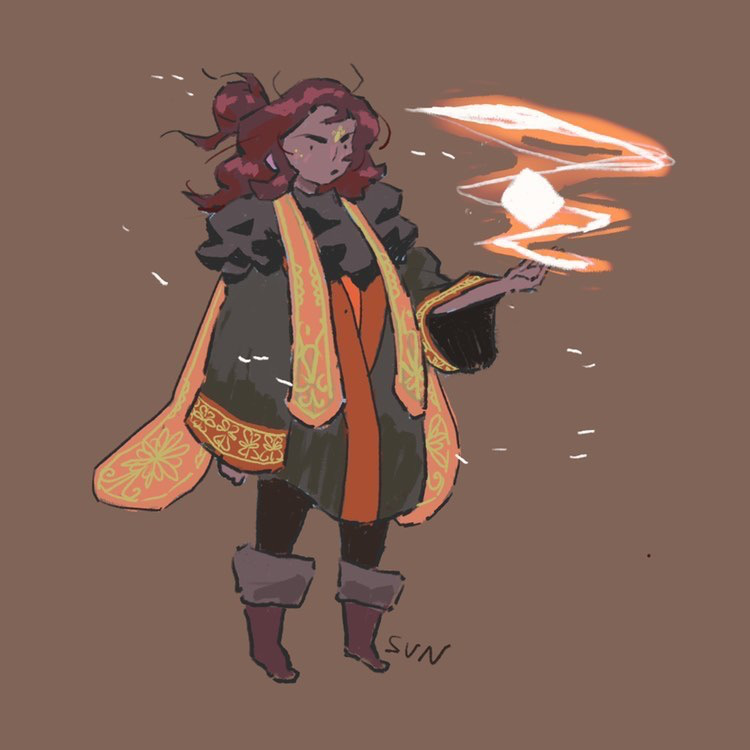
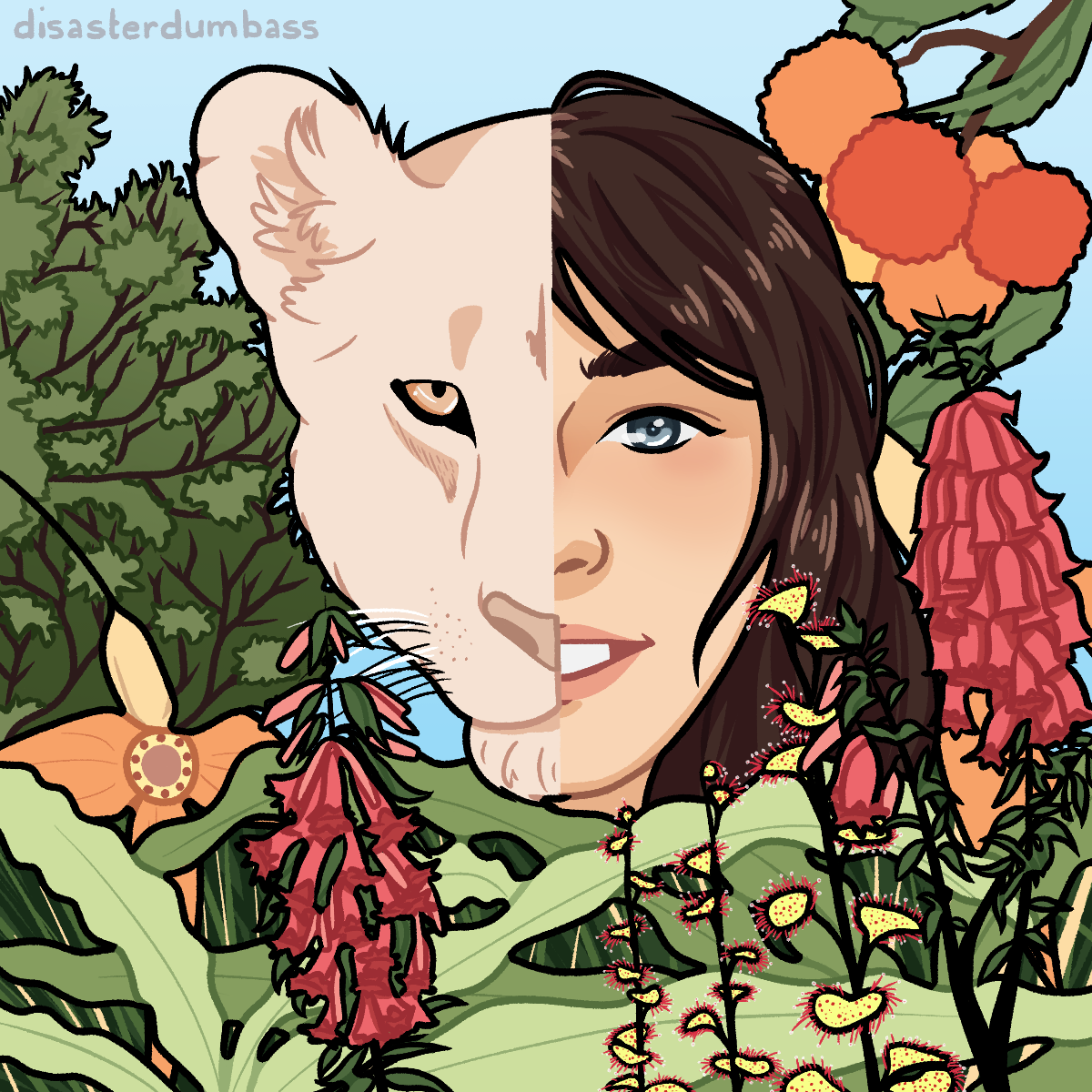
It was interesting to see this partially through the lense of an outsider perspective on the Uluswa faith, it's a neat insight into both their culture and, to a lesser extent, that of the Danatelians.
Thank you for your kind words Annie <3 ! I'm really glad to hear it come off that way :D